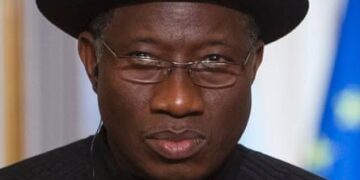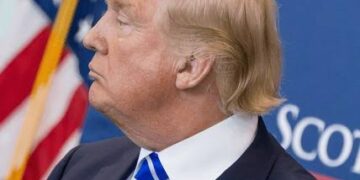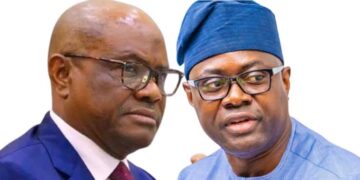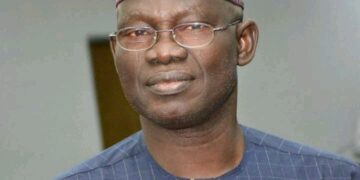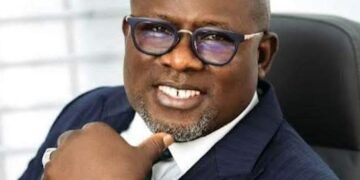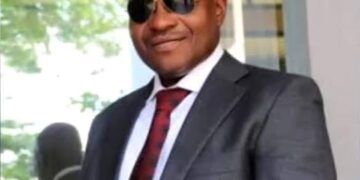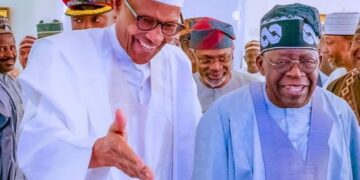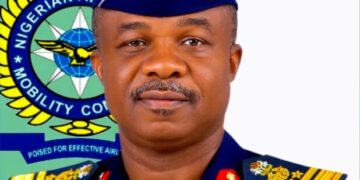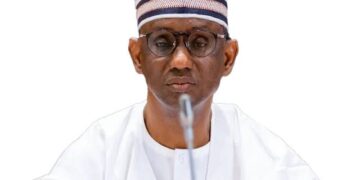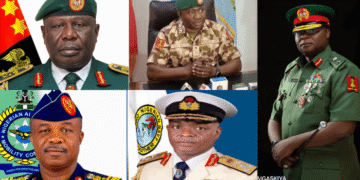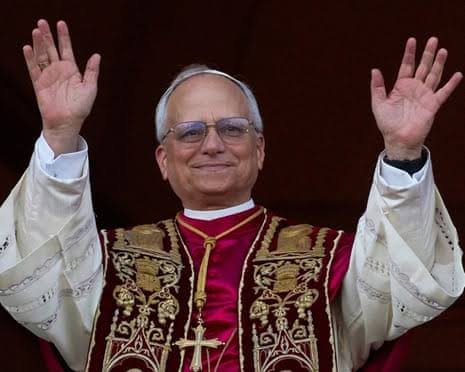A Message Of Hope From Pope Leo XIV
BY Abdul Oroh
At the risk of being accused of race baiting, I wanted to title this week’s column Black Smoke, White Smoke. I was inspired to delve into the politics of race, colour and religion, and examine the racial undertone of the Catholic church’s tradition or culture of releasing black smoke from the chimney of the Sistine chapel at the Vatican anytime the conclave failed to elect a Pope. And white smoke signified that a pope had been elected.
During the election, the array of colourfully robed cardinals from various parts of the world cast their ballots in secrecy and under oath of fidelity to the church and the gospel as they elect the successor to the throne of Peter.
This tradition of playing with the black or white smokes from the chimney, or if you will, a game of holy smokes, is said to be a practical expression by the king makers and to maintain the secrecy of the process, either on the first ballot or in subsequent ballots, until the white smoke is released to indicate that a Pope had been elected, and the process succesful.
This tradition is traced to around 1417 to maintain secrecy of the voting pattern by burning the ballots. The use of white and black smokes to announce the outcome is enmeshed in intrigues with nuanced interpretations, and racist overtone to signify that the church is a white man’s religion or simply that anything white is holy, pure and a mark of western civilization, introduced during the election of Pope Benedict XV in 1914.
It is a recent development. The colour of the smokes, like the portraits of Christ, the saints, angels and prophets in various Christian institutions has generated certain semiotic interpretations over time.
These symbols, highlights the white colour as holy or pure and black as evil or depicts the colour of the devil. In the case of the burning of the ballots, certain chemicals are deliberately burnt with the ballots to produce either white or black smokes.
These may or may not be based on racial identification, but the act is open to various interpretations. I believe it has racial undertones which unfortunately align with the complex and nuanced history of the catholic church as an institution or the act of some Popes, like the blessing of slave ships before they set sail; supported by the church to European monarchs eager to conquer foreign territories. This was the crux of what precipitated transatlantic slavery and colonialism.
As a Muslim, I must confess I also feel a sense of indignation that Islam accepts, recognizes the holding of slaves. This, I have stayed in the past as, path of ancient practices. But like all evils, slavery in various forms is still a fact of life.
The role of the church at the unset of Nazism, the evil persecution of racial minorities and the Jewish holocaust are major notable events which the church has been rightly criticized, for prioritizing its interest and protecting, mainly, its faithful, instead of a total and unequivocal condemnation and denunciation of the evil ideology.
The election of a Pope is a global event that gives several insights into the global contest for dominance amongst various nations, political forces or ideologies. It also highlights the intersection of religion, morality, and politics, and offer perspectives on forces that shape global issues. It is in this context that the election of a Pope matters not only to the catholic adherents but to all faiths, powers and principalities.
The Pope may not have several Army divisions, intercontinental ballistic missiles or even drones to project political power, at least not in modern times. But as the leader of over 1.8 billion catholic faithful, a significant portion of the global population is not just a spiritual force behind the papacy, but a moral force.
The position of the people on many global issues, like abortion, climate change, homosexuality, human rights, poverty, war and peace, migration and other social issues can impact the thinking and political views of Catholics around the world; shape public discourse and polices on issues of concern to humanity.
Papal succession is therefore a significant event which concerns world order, global peace and interfaith relationship. More importantly is the political views of the pope, his antecedent, like his early influences and teachings, and his actions especially when the moral weight of the people is sorely required when the world faces major conflicts which could destabilize the peace of the world.
Although the role of the catholic church and the legacy of some Popes and church leaders historically have a complex and nuanced character, there is no question that the papacy in modern times has been a force for good and a great moral force necessary and desirable in this present imes with the forces of authoritarianism and fascism rising and struggling to challenge democracy in the United States and threatening the world social , economic and political equilibrium.
The international System held together by the United Nations is under gruesome assault by the genocidal and Zionist regime in Israel which has ignored international humanitarian agencies and deployed hunger and starvation as weapons of choice in its quest to conquer and annihilate Palestinians and their aspiration to a sovereign state. Their desire to annex the Palestinian territory of Gaza and other occupied territories has not been disguised.
Benjamin Netanyahu, the cruel and pugnacious Prime Minister of Israel and his generals have defied world opinion and refused to appear before the International Criminal Court to answer charges of genocide, war crimes and crimes against humanity. In the same audacious mode, the murderous Vladimir Putin regime in Russia has for three years unleashed a systematic destruction of Ukraine in his bid to annex its territory in his inexorable quest to recreate the defunct Soviet Union.
All these evil forces are unrestrained and vicious in their murderous campaign in quest of regional hegemony.
In the United States, the re-election of Donald Trump has unleashed the rise of white supremacists in alliance with a cabal of billionaires with their xenophobic ideology and plutocratic programmes. Trump has not only precipitated global trade crises, through his American First policies, he has taken significant measures to undermine democratic institutions and launched an unprecedented assault on the US constitution.
Even members of the US congress whose powers and authority have been the armour of U.S democracy and the concept of separation of powers are now behaving like weather beaten chickens.
Judges who dare to challenge Trumps arbitrary executive orders are been threatened with impeachment. Generals and senior military officers are being sacked like boys scouts while American institutions like the secret services, the media, the Ivy league universities are under siege.
That one man could exercise so much power in America was thought unimaginable. African Americans have seen affirmative actions and gains of the civil rights movement being gradually rolled back, while fear of the Jim Crow era, replete with police brutality, lynching and segregation have become real.
Trump has announced his intention to reopen Alcatraz prison, an institution which was belived to belong to the realm of movies. His war on immigrants has brought back the evils of the American system which were believed to have long been relegated to the dustbin of history.
With American foreign allies being gradually replaced with terror regimes, the defeat of the Nazis and the axis fascist regimes 80 years ago was celebrated in Europe on May 8th.
The Russians with Trump’s America behind them are waxing stronger in ntheir war against Ukraine. Evil appears to be on the rise.
It is in this context that the election of Pope Leo X1V on the day the World War 11 ended in Europe, a man who wasn’t born and raised in America but who has renounced American citizenship and naturalized as a citizen of Peru, is welcome development. Most importantly, his message of hope, of bridge building of the imminent defeat of evil is a positive and welcome mesaage from the Peruvian missionary.

